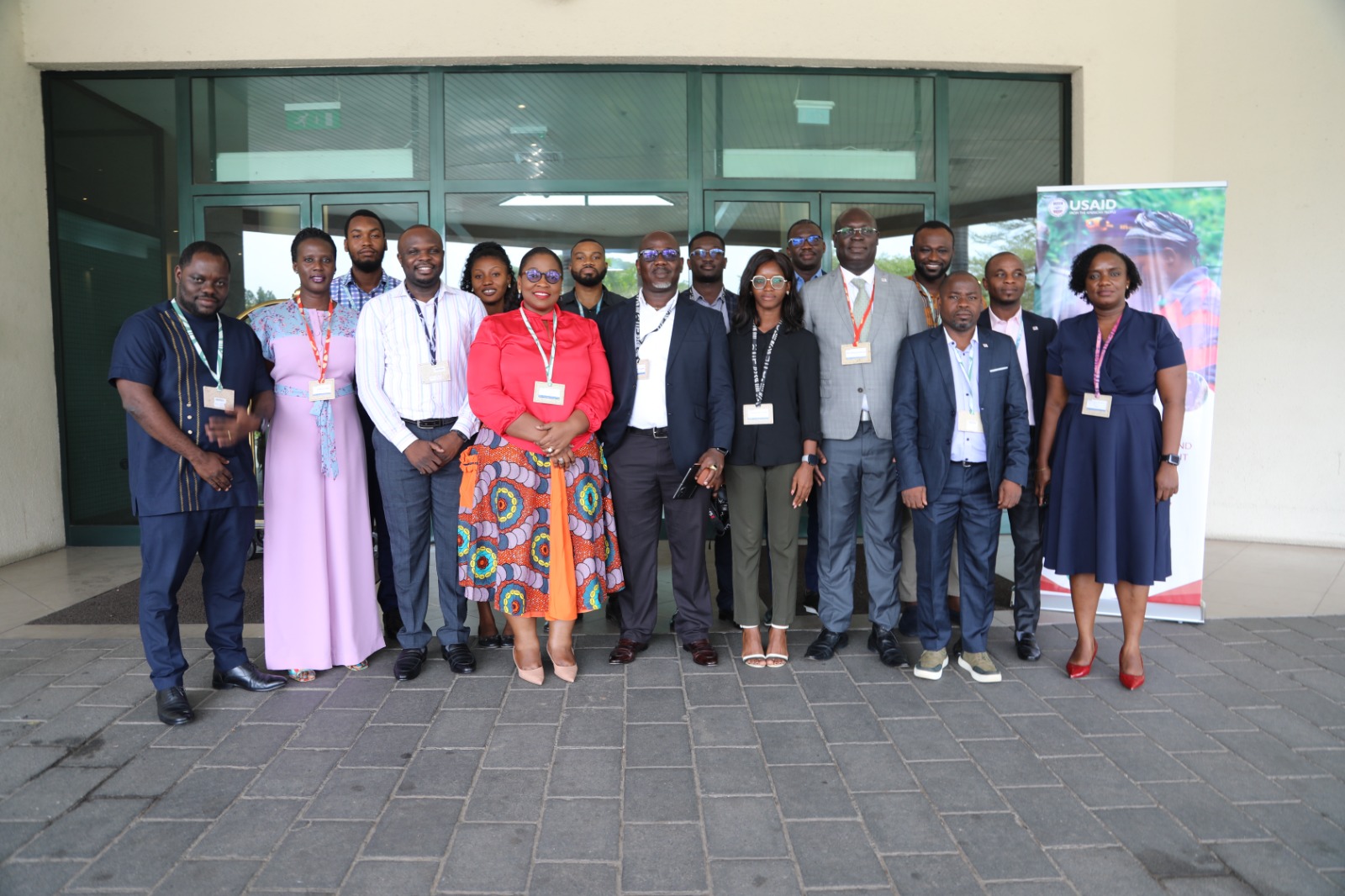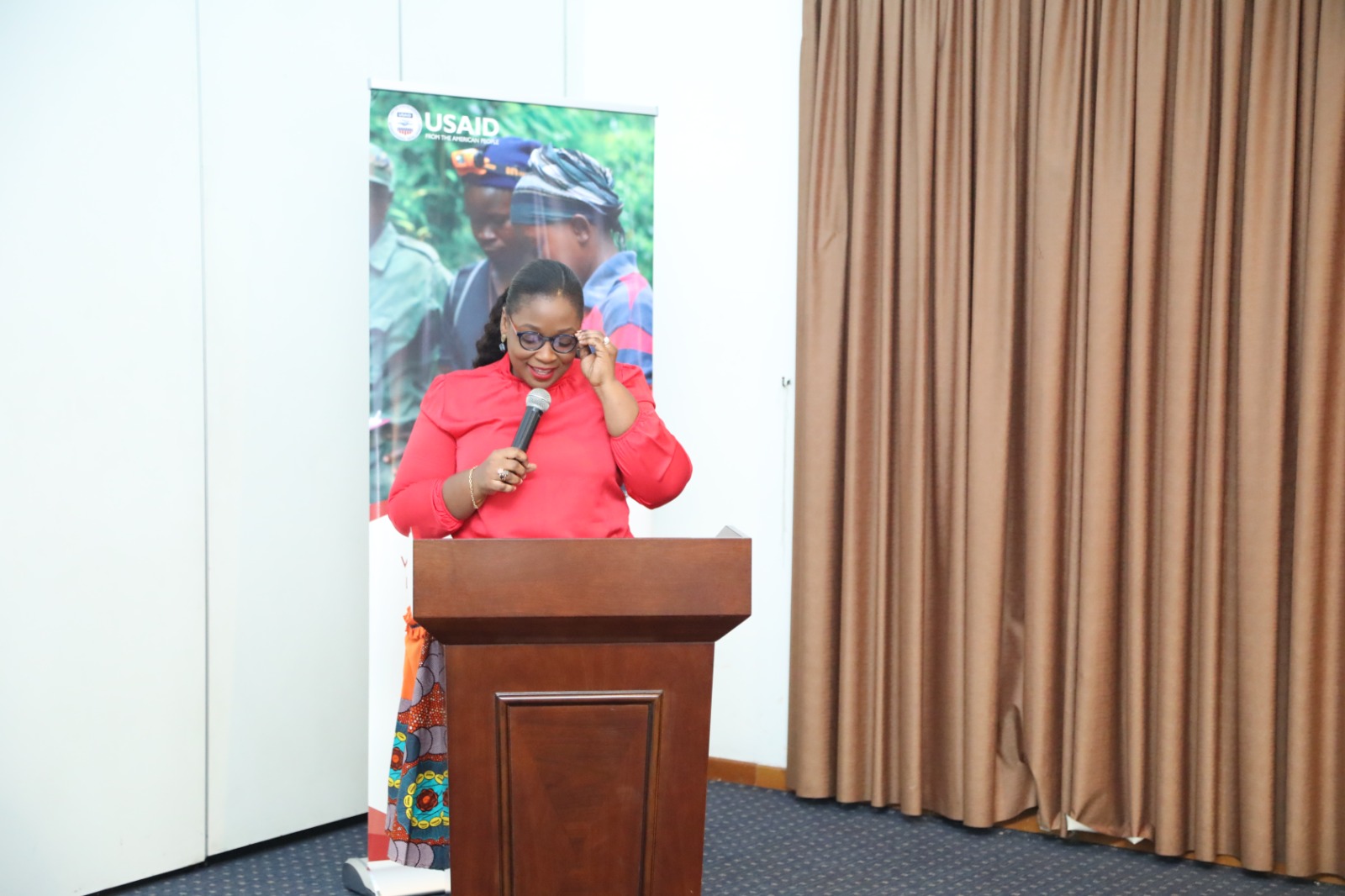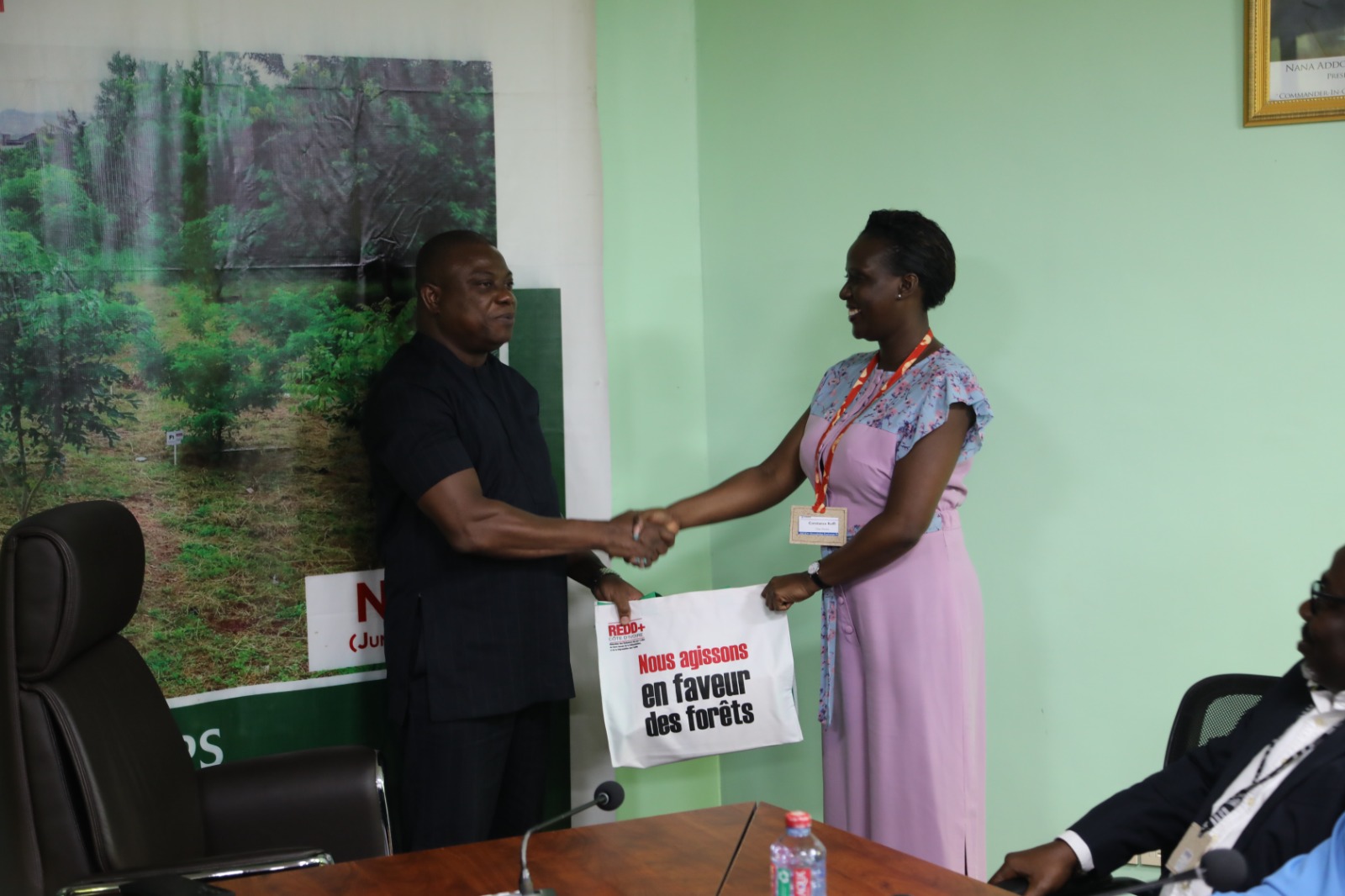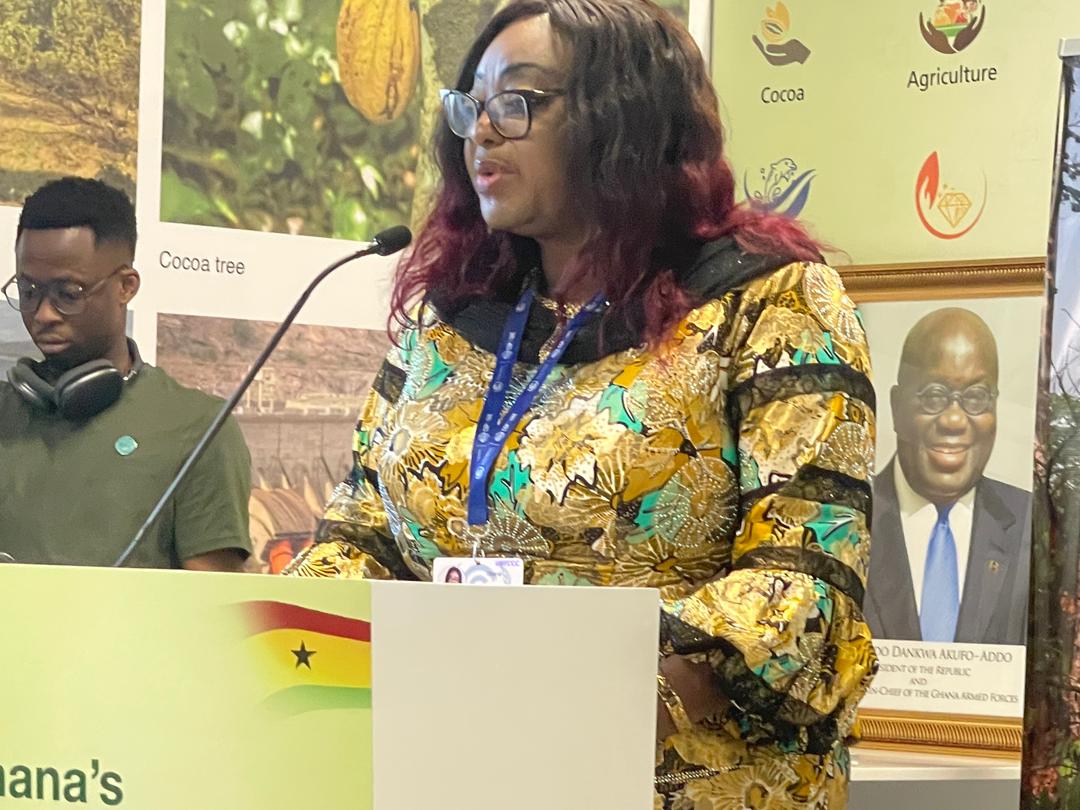
The Ghana Forestry Commission, in collaboration with the USAID-funded West Africa Biodiversity and Low Emissions Development (WABiLED) Programme, hosted a workshop and field visit for Côte d’Ivoire’s Permanent Executive Secretariat for Reducing Emissions from Deforestation and Forest Degradation (SEP-REDD ).
The event aimed to exchange knowledge and experiences on REDD implementation between the two nations.
The Upper Guinean Forest Ecosystem in West Africa, a significant biodiversity hotspot, offers substantial potential for carbon sequestration to combat climate change.

However, unchecked deforestation has led to a surge in greenhouse gas (GHG) emissions in the region.
To address this, countries within this ecosystem, including Côte d’Ivoire, Guinea, Liberia, and Sierra Leone, are developing strategies to reduce GHG emissions.
The WABiLED Program, funded by USAID, is aiding these efforts through initiatives like REDD and other low-emission development strategies (LEDS).
In 2023, a collaborative exchange with Côte d’Ivoire’s SEP-REDD office identified specific capacity needs, sparking interest in a knowledge exchange and learning visit to Ghana.
This underscores the commitment to shared learning and progress within the region.
Ivorian participants were enthusiastic about the chance to learn from Ghana’s successful REDD program.
This exchange bolsters their efforts towards achieving the result-based payment phase of REDD implementation.
The workshop and field visit, held from February 26 to March 1, 2024, in Accra and Assin Fosu, fostered essential discussions on best practices for establishing a successful REDD program and improving governance frameworks for implementation.

Roselyn Fosuah Adjei, Director of the Climate Change Directorate of the Ghana Forestry Commission, expressed her honour in sharing their experiences with their Ivorian counterparts.
She emphasized the importance of collaboration and knowledge exchange in combating deforestation and climate change.
Participants interacted with landscape actors, including the Hotspot Intervention Area (HIA) functional units, traditional authorities, the Forestry Commission, Ghana Cocoa Board (COCOBOD), district assemblies, the National Conservation Research Center (NCRC), and private sector cocoa companies.
They learned about climate-smart cocoa farming practices and how they support smallholder farmers’ livelihoods.

The group also visited the KOA Cocoa Company in the Central Region to understand their sustainable cocoa production operations and their impact on smallholder cocoa farmers.
They observed climate-smart cocoa farms and innovative techniques for productivity and environmental sustainability.
Discussions with REDD beneficiary communities and livelihood farmer beneficiaries centred on understanding the initiative’s inclusivity and benefits, including the company’s commitment to sustainability and community development.
This collaborative effort sets a promising precedent for the conservation of the Upper Guinean Forest Ecosystem and emphasizes the shared responsibility towards protecting the planet for future generations.
Explore the world of impactful news with CitiNewsroom on WhatsApp!
Click on the link to join the Citi Newsroom channel for curated, meaningful stories tailored just for YOU: https://whatsapp.com/channel/0029VaCYzPRAYlUPudDDe53x
No spams, just the stories that truly matter! #StayInformed #CitiNewsroom #CNRDigital
The post Côte d’Ivoire, Ghana exchange lessons, experiences on combating deforestation appeared first on Citinewsroom - Comprehensive News in Ghana.
Read Full Story





















Facebook
Twitter
Pinterest
Instagram
Google+
YouTube
LinkedIn
RSS